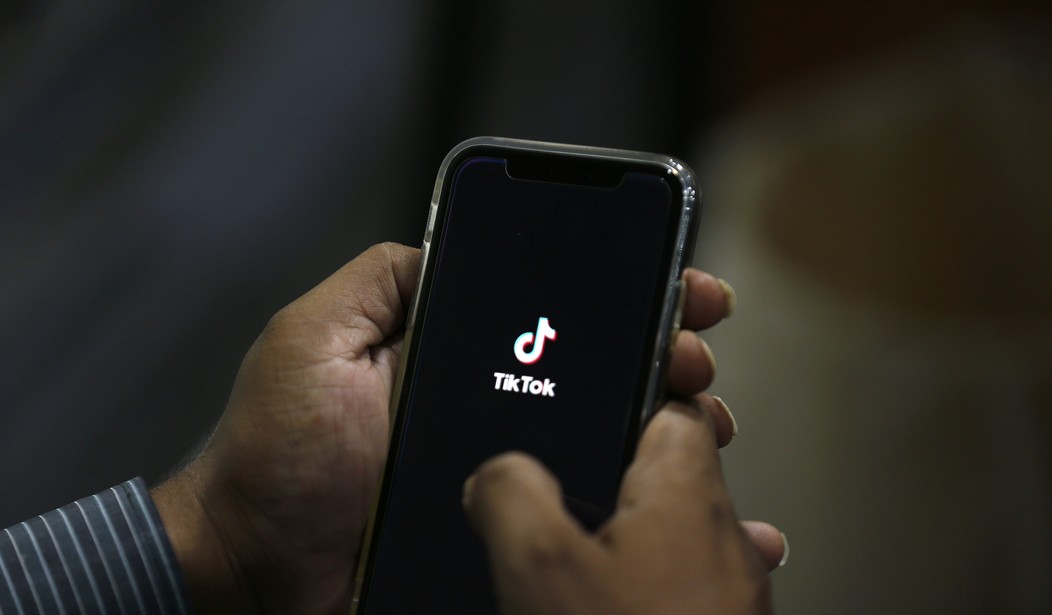Concerns over government surveillance have been an issue for decades. At several points in America’s history, the federal government has been caught monitoring American citizens in violation of the Constitution. But it seems that no matter how often these encroachments on liberty are exposed, the government continues to engage in this tyrannical practice.
But now, it appears surveillance isn’t just for the federal government anymore. The state of Georgia is considering employing questionable measures to recruit young people for its National Guard in a way that might seem benign at first glance, but could easily result in a slippery slope outcome that its residents won’t see coming.
The Georgia Army National Guard plans to bolster its recruitment efforts by using location-based phone surveillance to persuade more teenagers to enlist. According to documents obtained by The Intercept, the plan involves geofencing 67 public high schools in Georgia, using virtual boundaries to target phones within a one-mile radius of school campuses with recruiting advertisements. The Department of Defense (DOD) expects the campaign to generate at least 3.5 million ad views and 250,000 clicks, as per the contract paperwork.
Geofencing is a practice commonly used by companies to advertise their products and services to customers. It involves creating virtual boundaries or “fences” around specific geographic areas using GPS or other location data. These virtual boundaries can be set up around physical locations such as schools, stores, or events. When a user’s mobile device enters or exits the geofenced area, it triggers targeted advertising messages or notifications to be sent to their device.
While it is most commonly used in the private sector, it is worth mentioning that the FBI used this tactic to ferret out individuals suspected of being involved in the Jan. 6 riot at the U.S. Capitol building. This practice has raised concerns about privacy, as it involves collecting and using individuals’ location data for targeted advertising purposes.
Georgia’s National Guard will employ various surveillance advertising techniques, including capturing unique device IDs of student phones, tracking pixels, and IP address tracking. It will also involve placing recruiting ads across popular platforms like Instagram, Snapchat, streaming TV, and music apps. Ironically, the documents note that “TikTok is banned for official DOD use” due to concerns about the Chinese government using it to disseminate propaganda to unsuspecting Americans. Apparently, Georgia’s National Guard has been brushing up on its Mandarin.
While the campaign will target mostly high school students, the Guard also plans to go after parents, coaches, school counselors, and other influencers with recruiting ads. The campaign will go so far as to pepper students with ads even after they leave school, including during after-school hours and events.
Critics of the plan argue that the use of geolocational data is invasive and raises privacy concerns. The practice of geofencing relies on collecting people’s location data without their meaningful permission. The sale and use of location data in the United States are largely unregulated, allowing brokers and analytics firms to turn GPS data into a commodity. This has led to concerns about accuracy and potential false positives or negatives in identifying individuals within a geofenced area.
“The sale and use of location data is largely uncontrolled in the United States, and the legal and regulatory vacuum has created an unscrupulous cottage industry of brokers and analytics firms that turn our phones’ GPS pings into a commodity,” the author writes.
Jay Stanley, a senior policy analyst with the American Civil Liberties Union told The Intercept that these methods are “not legitimate” and pointed out that they are “largely based on the collecting of people’s location data that they’re not aware of and haven’t given meaningful permission for.”
Private companies using this method is already questionable given that most who consent to this practice don’t even realize they are doing it. But when the government is involved, it should raise even more concerns. Allowing the state to monitor people – even if they claim it is only for recruitment purposes – carries the risk of this practice going even further. Conservative commentator Jesse Kelly hit the nail on the head while responding to one of my tweets about it:
Nice little preview of how the future draft will work after the morons who lead this country get us into WWIII and realize they don’t have the troops to fight WWIII.
They’ll just come pick you up. https://t.co/LtA8oMSddQ
— Jesse Kelly (@JesseKellyDC) April 18, 2023
He is right. It is not difficult to imagine how the military might use such a method if the warmongers in government manage to get us involved in a war over Ukraine or some other foreign entanglement that we have no business being involved in. Why wouldn’t they use this technology to force people to fight on behalf of our elites?
It might sound like a tinfoil hat idea to some. But when you look at history, you see precisely what our government is capable of. If Georgia enacts this program, you can be sure other states will follow. Next, the federal government might even get in on the game (if it hasn’t already). This is yet another reason why it is important to keep a close watch on what the state is going while the rest of the nation is distracted by political theater.













